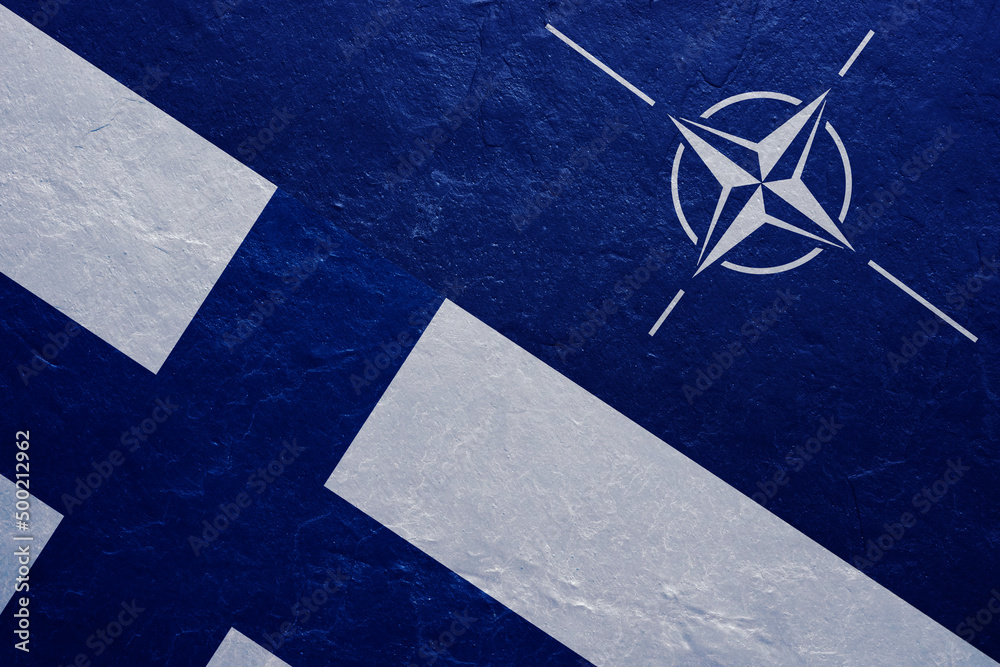Latest news
NEWS/VLOGS
Loading...
On Wednesday, during the ENVI committee meeting, we discussed the EU climate targets for 2040 together with Commissioner Hoekstra. It is important that we put forward realistic plans to achieve these goals which for example take into account the differences between industrial and agricultural production development. The plan to reach the climate goal needs to be based on actual structural measures and in order to make sensible decisions, we need to know how the calculation for the emission withdrawals will be done. We need a plan that gives us long term sustainability, not only wins on the short run.
On Tuesday in plenary we discussed the EU Climate Targets for 2040. We have a legal obligation to set these climate targets and to start the processed needed to reach the targets. This needs to be done in a sustainable way. For example, we need to phase out fossil fuels as soon as possible. At the same time, we must keep in mind the reality and challenges that these climate goals bring for agriculture. Agriculture does not have the same productivity growth as industry, which makes it harder to implement rapid changes. This is a structural problem that we need to carefully consider in future decisions.
During this week in Strasbourg, I have taken part in the hearing of Comission Executive Vice-President Šefčovič. The discussion brought tension between the left and the right, which I’m happy to say, we in Renew Europe managed to help resolve.
During this week in Strasbourg, I have taken part in the hearing of Commissioner-designate Hoekstra. The discussion brought tension between the left and the right, which I’m happy to say, we in Renew Europe managed to help resolve.
Today in plenary we debated Russia’s escalation of the war against Ukraine, and in my speech I spoke about the fact that we already know how the war will end, but that the road will be long and difficult.
We have tended to complain about the sacrifices we face, but the price we have to pay now is countless times less than if we refuse to make sacrifices and compromises. It also opens the way to looking ahead, to the Europe of the future.
We have a compromise for the directive on renewable energy sources. As compromises often mean, we have managed to reach a better consensus among the political groups, while no one is completely satisfied.
In my speech in plenary, I wanted to remind my colleagues who hesitate on the issue, that we are far from finished with the negotiations. It is therefore extremely important that parliament now approves the compromise we have reached, so that negotiations can continue as soon as possible with the European Council and the Commission in view of our shared ultimate goal of tackling the climate and energy crisis.
I have a feeling that we are running into a dream of what hydrogen can do for us in the energy sector. It is clear that hydrogen will play a major role in making heavy industry emission-free but we must be careful not to put too much faith in hydrogen solving our energy supply challenges. This is one of the issues I raised during the Environment Committee meeting today with Commissioner Timmermans.

If we for a while turn our gaze back to European 19th century history, we see in the very heart of Europe something called the shatter zone of empires. There the spheres of interest of all the great European powers cut into each other. That made this area into a geography dripping with blood. All the shattered nationalities were, by active agents and policies from the empires, pitted against each other. At the same time and by the same token, all grievances – and you had a lot of them – were used to prevent the small subdued nationalities to form a functional identity and find a common way to independence and peace.
How should we relate Russian gas to Finnish peat? During the last meeting with the Environment Committee, I reflected on the impact of morality on the decisions we make in our work.
“The truth is the following:
Every cubic meter of Russian gas
Every bottle of Russian oil
Every load of Russian coal
is dripping with blood.
Innocent Ukrainian blood.”
Here you will find my full speech in plenary.
How should we compare Russian gas to Finnish peat? During the last meeting with the Environment Committee, I was wondering about the impact of morality on the decisions we make in our work.
“Let this be Putin’s last wish!” This is how I ended my speech in the plenary today, addressing the Estonian Prime Minister Kaja Kallas. My thoughts are of course first and foremost with the Ukrainian people, but also with the Russian people, because they are not the ones who wanted war, but it is Putin’s wish.
COLUMNS
Loading...

If we for a while turn our gaze back to European 19th century history, we see in the very heart of Europe something called the shatter zone of empires. There the spheres of interest of all the great European powers cut into each other. That made this area into a geography dripping with blood. All the shattered nationalities were, by active agents and policies from the empires, pitted against each other. At the same time and by the same token, all grievances – and you had a lot of them – were used to prevent the small subdued nationalities to form a functional identity and find a common way to independence and peace.


